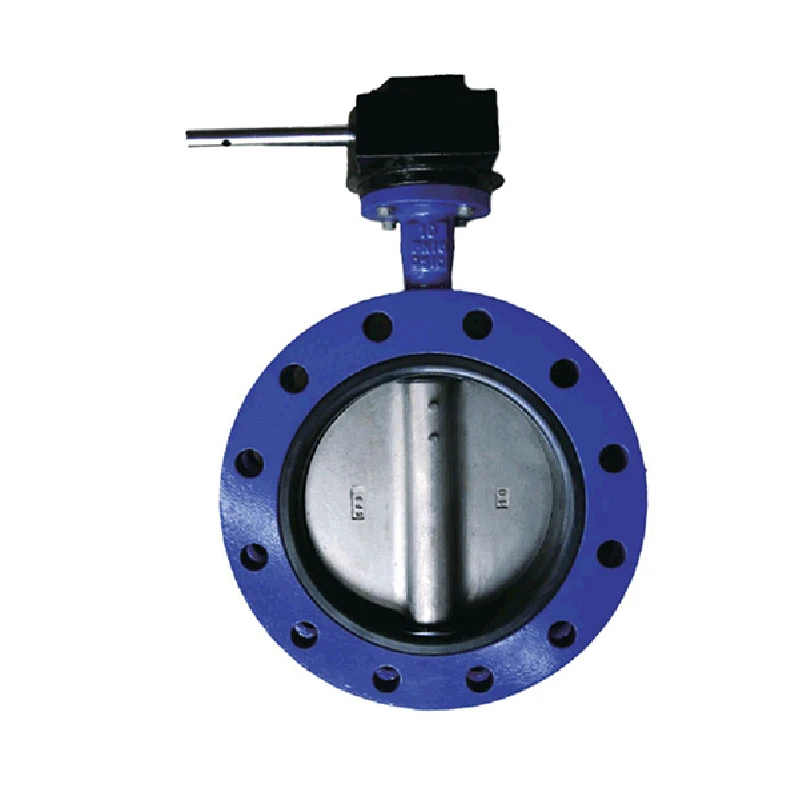Дек . 17, 2024 00:09 Back to list
motorized knife gate valve
Understanding Motorized Knife Gate Valves An Essential Component in Industrial Applications
Motorized knife gate valves are pivotal components in many industrial processes, providing efficient and reliable control over the flow of liquids and slurries. They are widely utilized in various sectors, including wastewater treatment, mining, food and beverage, and chemical processing. This article delves into the design, applications, advantages, and maintenance of motorized knife gate valves.
What is a Knife Gate Valve?
A knife gate valve is a type of quarter-turn valve featuring a sharp-edged gate that can cut through thick fluids, slurries, or solids. Unlike traditional valves, which may struggle with viscous materials, the knife gate valve's design allows it to shut off flow effectively, making it particularly useful in applications that involve sediment and particulates. The 'motorized' aspect refers to an actuator, typically an electric motor, that automates the valve's opening and closing mechanism, enhancing operational efficiency and precision.
Design Features
Motorized knife gate valves typically consist of the following components
1. Body and Gate The body is robust and designed to withstand high pressures and corrosive materials. The gate features a sharp edge that allows it to slice through materials seamlessly. 2. Actuator This electric motor enables automation. It can be controlled remotely, making it ideal for processes that require frequent adjustments or integration into automated systems.
3. Sealing Mechanism Most knife gate valves utilize a resilient seat made from materials like elastomer or PTFE to ensure a tight seal when closed, preventing leaks and minimizing the risk of contamination.
4. Control Systems Advanced sensors and control mechanisms allow for precise operation and monitoring, ensuring that the valve operates optimally under varying conditions.
Applications
Motorized knife gate valves are versatile tools used across a range of industries
- Wastewater Treatment In this sector, they manage the flow of sludge and wastewater, preventing overflow and ensuring effective treatment processes.
- Mining They are used in the transport of slurries and tailings, where their ability to handle abrasive materials makes them a popular choice
.- Food and Beverage These valves help control the flow of ingredients and products while maintaining hygiene standards, crucial for food safety.
motorized knife gate valve

- Chemical Processing Motorized knife gate valves manage corrosive substances and facilitate safe handling of chemicals in various processes.
Advantages
1. Efficiency Automation through electric actuation improves operational efficiency, allowing for faster response times and reduced need for manual intervention.
2. Versatility Their design enables them to handle a wide variety of media, including solids, slurries, and liquids, making them suitable for diverse applications.
3. Maintenance Knife gate valves generally require less maintenance than many traditional valve types due to their simple design and robust materials.
4. Safety Remote operation enhances safety by minimizing the need for manual handling, especially in hazardous environments.
Maintenance and Care
Regular maintenance is essential to ensure the longevity and performance of motorized knife gate valves. Key maintenance practices include
- Regular Inspection Frequent checks for wear and tear on seals and the actuator are crucial.
- Cleaning Keeping the valve clean from sediment and debris helps maintain optimal operation.
- Lubrication Adequate lubrication of moving parts prevents corrosion and wear.
- Calibration Periodically calibrating the actuator ensures accurate positioning and reliable control.
Conclusion
Motorized knife gate valves are crucial in modern industrial processes, providing reliable flow control for various applications. Their efficiency, versatility, and low maintenance needs make them an attractive choice for industries across the board. As automation continues to grow, the role of these valves in enhancing operational efficiency and safety will likely expand, making them an integral part of industrial infrastructure. Understanding their features, applications, and maintenance requirements is essential for anyone involved in industries that rely on effective flow management.
Share
-
Reliable Wafer Type Butterfly Valves for Every IndustryNewsJul.25,2025
-
Reliable Flow Control Begins with the Right Ball Check ValveNewsJul.25,2025
-
Precision Flow Control Starts with Quality ValvesNewsJul.25,2025
-
Industrial Flow Control ReliabilityNewsJul.25,2025
-
Engineered for Efficiency Gate Valves That Power Industrial PerformanceNewsJul.25,2025
-
Empowering Infrastructure Through Quality ManufacturingNewsJul.25,2025